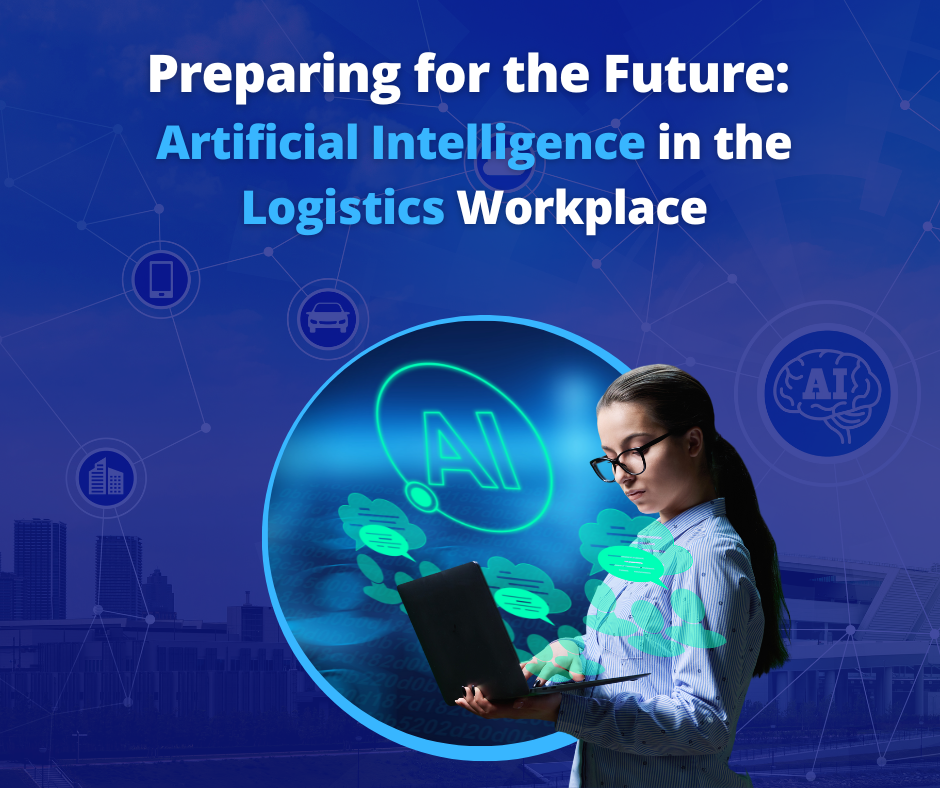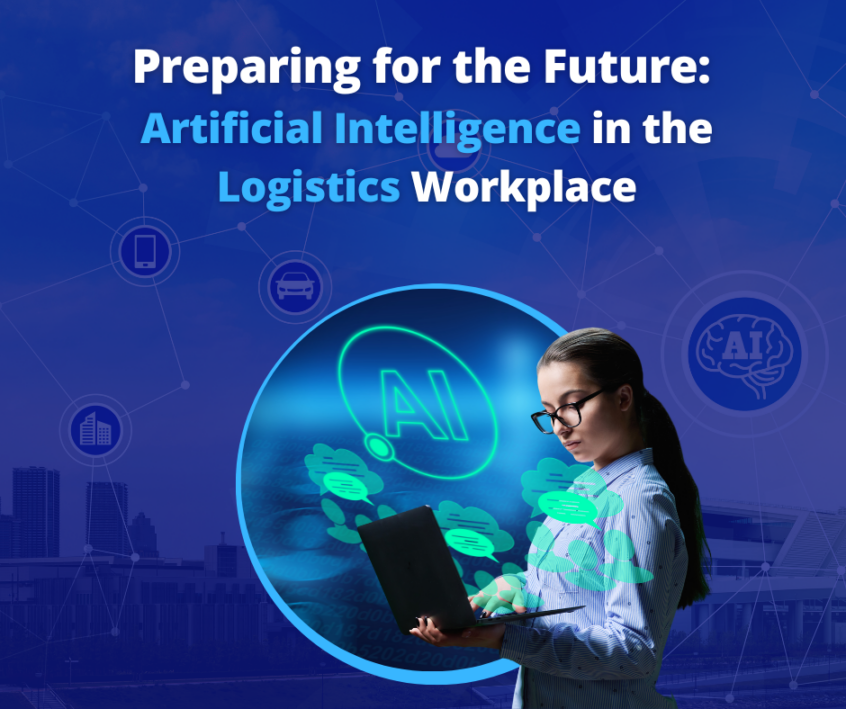
Embracing new technologies and approaches in business
It is increasingly being recognized that artificial intelligence (AI) has an important role to play in logistics. This is a response to the rapidly changing and demanding market. Some of the functions that may be addressed using AI include predictions of trends. The use of AI can also help in warehouse automation. These applications are critical for developing a coherent response to customer needs. Contemporary society is constantly on the move, and businesses must respond accordingly.
A range of possibilities emanating from artificial intelligence
Logistics work systems can benefit from the injection of artificial intelligence in their operations. For instance, trading routines are being turned into proactive schemes, which are a competitive advantage for businesses. One of the benefits of artificial intelligence is that it allows traders to better anticipate market conditions and behavior. Adapting resources can be necessary in improving the situation for companies in terms of efficiency, profitability, and success. Hence, artificial intelligence can become a business development tool with lots of potential.
The high level of competition means that businesses must develop ways of distinguishing themselves from others in the market. The increase in competition has meant that many businesses are considering more collaboration throughout the supply chain. A momentum of factors in a range of instances has given impetus for the changes in operations that necessitate the deployment of artificial intelligence. Logistics companies are investing in artificial intelligence to give them an edge while improving their possibilities for delivering high-quality products and services to their clients without compromising on the strategic goals of efficiency and profitability.
Technology as an innovative tool in logistics
One of the innovations increasingly making a presence in logistics is information exchanges based on artificial intelligence. These information exchanges are also necessary when ensuring collaboration between and among various players within the supply chain. Companies are not only strengthening and renewing old business relationships, but they are also creating new ones. Through these collaborations, it is possible to develop new business opportunities that can improve business prospects.
Some of the key considerations are the effectiveness of machine learning and the utilization of learning-based connectivity. Meanwhile, the workers meant to work with artificial intelligence must be dedicated and disciplined to maximize the benefits of these interventions. For instance, the company must invest in training and development focusing on artificial intelligence. That way, they will be competent to operate and utilize artificial intelligence. But, of course, it is also important to recognize that artificial intelligence is never a comprehensive replacement for the human touch. In any case, humans must feed the artificial intelligence system with specific instructions according to the needs of the business and its partners or customers.
Different applications of artificial intelligence in logistics
There are several applications associated with artificial intelligence in the logistics sector. Here is a selection that businesses might consider:
(i) Trend forecasting: A wealth of data available through the internet and as a consequence of online shopping. As people browse the net, it is possible to map their consumption habits. These habits will assist businesses in forecasting demand and creating products uniquely suited to the needs of these potential customers. One of the most powerful functionality is associated with big data analytics. Machine learning is another important option. These machines can predict when and how consumers will make purchasing decisions. The outcome is better purchasing decisions and controls over inventory. The supply of such businesses is based on reality and can easily link with automated systems.
(ii) Warehouse automation: The popularity of automated warehouses is rising. In these cases, management software is combined with other applications, such as robotics. Hence, the system can undertake transportation and product placement without the constant manual involvement of humans. This is an example of artificial intelligence allowing businesses to allocate resources in the right places at the right time. Such an application can be invaluable when dealing with complexity or scale. It is also consistent with the use of big data. Businesses that have embraced these systems can reduce shortages in their stock while efficiently utilizing any storage available to them.
(iii) Optimization and transportation coordination: Artificial intelligence is associated with using information in real time. The data that is used is highly relevant. For instance, more trips can be exponentially organized based on the needs and operational priorities of the company. It can also be useful for identifying the best routes for cargo. One example is Alibaba, a company that controls its delivery routes through efficiency measures. For instance, it has reduced distance spread by 30% and vehicle usage by 10%. Therefore, the current routes have reduced CO2 emissions typically associated with transportation. Alibaba can visualize and control all the details of the cargo-ferrying routes, which has significantly improved time management. Moreover, these practices have reduced the risks of errors and therefore made the brand more competitive.
(iv) Using intelligent chatbots: Through a series of product development, chatbots now have increased relevance in the retail sector. This is because they can create personalized experiences for customers. Research has shown that chatbots can support shopping both online and offline. A case in point is EVA chat which is used by IBM Watson and implemented by Ripley. Within 30 days, this program absorbed knowledge about the shop and generated more than 53,0000 interactions with real users. These tools can learn the language and its variations which support fluent conversations. Juniper Research found that chatbots can save up to four minutes on any interaction.
(v) Supporting multimodal transport: Artificial intelligence will play a role when integrating complex management systems. Hence, a seamless freight mobility system that incorporates administrative functionality. This, in turn, improves the experience for carriers, businesses, and consumers.
Artificial intelligence in the workplace
The workplace in the logistics sector will be transformed by the use of artificial intelligence in many ways. For example, it will be instrumental in enhancing the productivity of warehouses in the retail sector. There is an expectation of full automation and integration of various components. This would enhance short-term and long-term forecasting. Some staff members that need to be trained will include frontline, backend, and supervisory staff.
Wrapping up
The logistics industry relies on efficiency and the effective management of volume. Artificial intelligence has the possibility of achieving these goals through automation—a future that requires planning and strategy.


